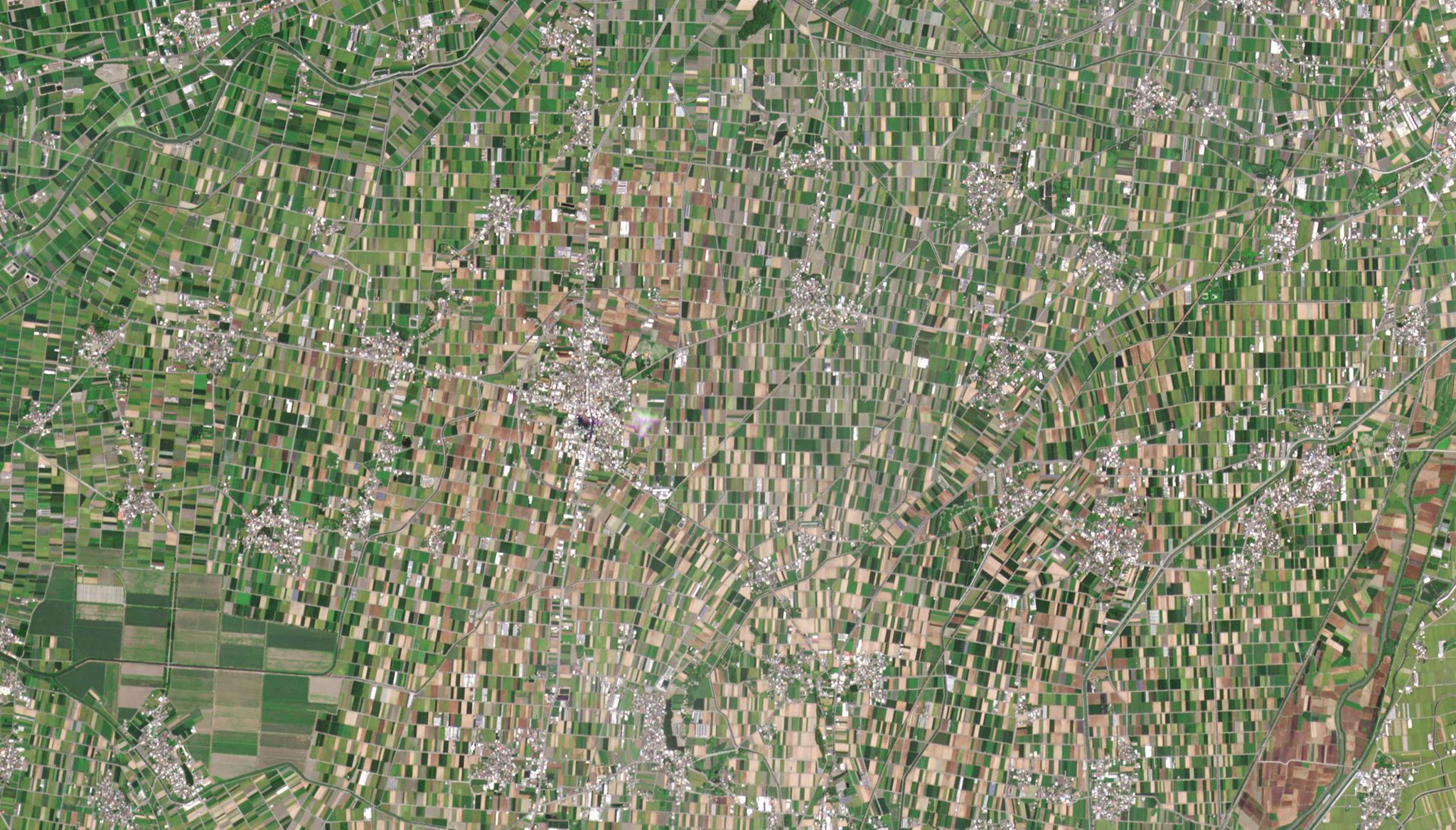Using Planet SkySat Data, Researchers Create An Automated Crop Growth Detection Method for Taiwan’s Agricultural Sector
Image above: Planet image capturing cabbage fields in Yuangchang Township, Taiwan taken June 13, 2022. © 2022, Planet Labs PBC. All Rights Reserved. Taiwan is facing a series of complexities - from a highly mountainous terrain and frequent typhoons to an aging farming population - that make the cost of agricultural operations unstable and often higher than other countries. To address this, Taiwan’s agricultural department is working to ensure income security for farmers by accurately forecasting crop yields to preemptively take measures to help stabilize the industry. Cabbage, in particular, is a valuable crop for Taiwan that experiences imbalances in production and sales throughout the year. To help address this, researchers from Taiwan’s Council of Agriculture Executive Yuan, National Ilan University, National Taiwan University of Science and Technology, and National Pingtung University of Science and Technology have leveraged Planet data and artificial intelligence to develop an automated crop growth detection system for cabbage in the region. Using SkySat imaging, the researchers collected cabbage field images over a 70 day period to observe the crops growth cycles, including cupping, early heading, and mature stages. Using these datasets, the team was able to train a classification model to identify the days of growth for the cabbage and predict the timing for maturing stages in the coming weeks. “If the government’s agriculture department could make use of such results, by knowing the harvested area of cabbage, government staffs can prepare and respond early when the possibility of an imbalance between production and sales emerges,” said the authors. The full study can be found in The Application of Machine Learning in Agriculture.

Ready to Get Started
Connect with a member of our Sales team. We'll help you find the right products and pricing for your needs


